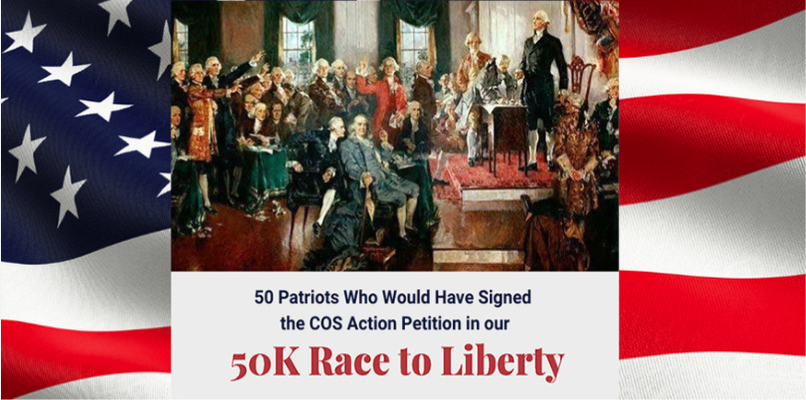What stories do you tell yourself about the difference an ordinary person can make? What difference can, say, a schoolteacher make on the great events of the day?
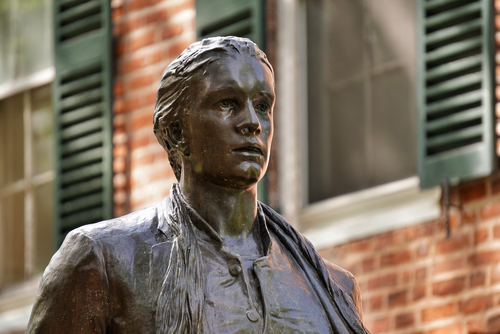
The stories we share with each other help make us who we are. Our values, hopes, dreams, and fears take life in our stories. They form the core of our culture.
Before the American Revolution began, a Yale graduate named Nathan Hale was a schoolteacher in New London, Connecticut. Yet when news of the battles at Lexington and Concord reached Connecticut, Hale and two of his brothers enlisted with the Connecticut militia and marched off for Massachusetts.
Though they arrived too late to participate in the Battle of Bunker Hill, they joined Washington’s army in Cambridge, which faced off the British in a stalemate until the Crown evacuated, leaving Boston in March 1776.
Hale stayed in New England, while most of the army was shipped to New York, where Washington expected the next British offensive. Washington was correct and the British and Continental armies clashed in August 1776, the first engagement after the signing of the Declaration of Independence.
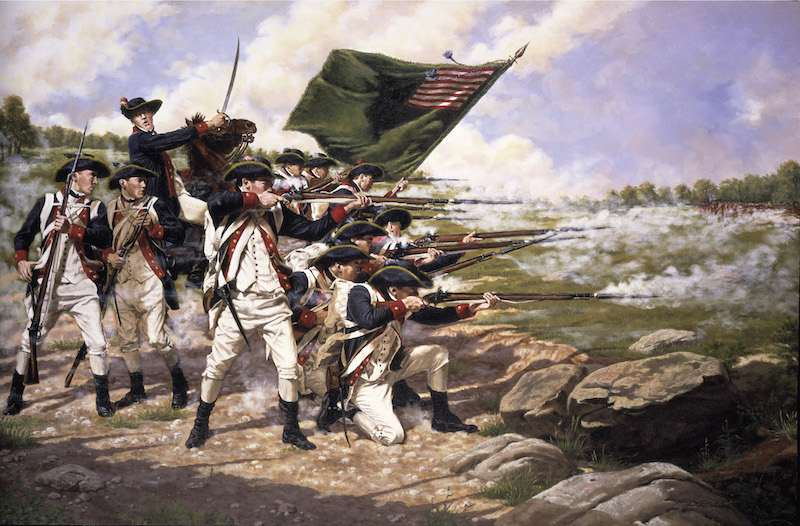
was signed in ink in July 1776 and in blood in August.
The fighting was intense as 20,000 British regulars and Hessian mercenaries sought to dispatch Washington’s 12,000. On August 27th, 1776, at The Old Stone House in Brooklyn Heights, the American General William Alexander, Lord Stirling, discovered a force of 2000 Redcoats was advancing in the early morning towards the main camp of the Continental Army.
Leading a regiment of 400 Marylanders, they attacked the British force. They were repulsed, but fell back, rallied, and attacked again. More than 250, more than half, of the Maryland regiment were lost during the pitched battle, but their sacrifice gave the Americans the opportunity to escape from the superior force across the East river.
British General Charles Cornwallis said that General Lord Stirling “fought like a wolf.”
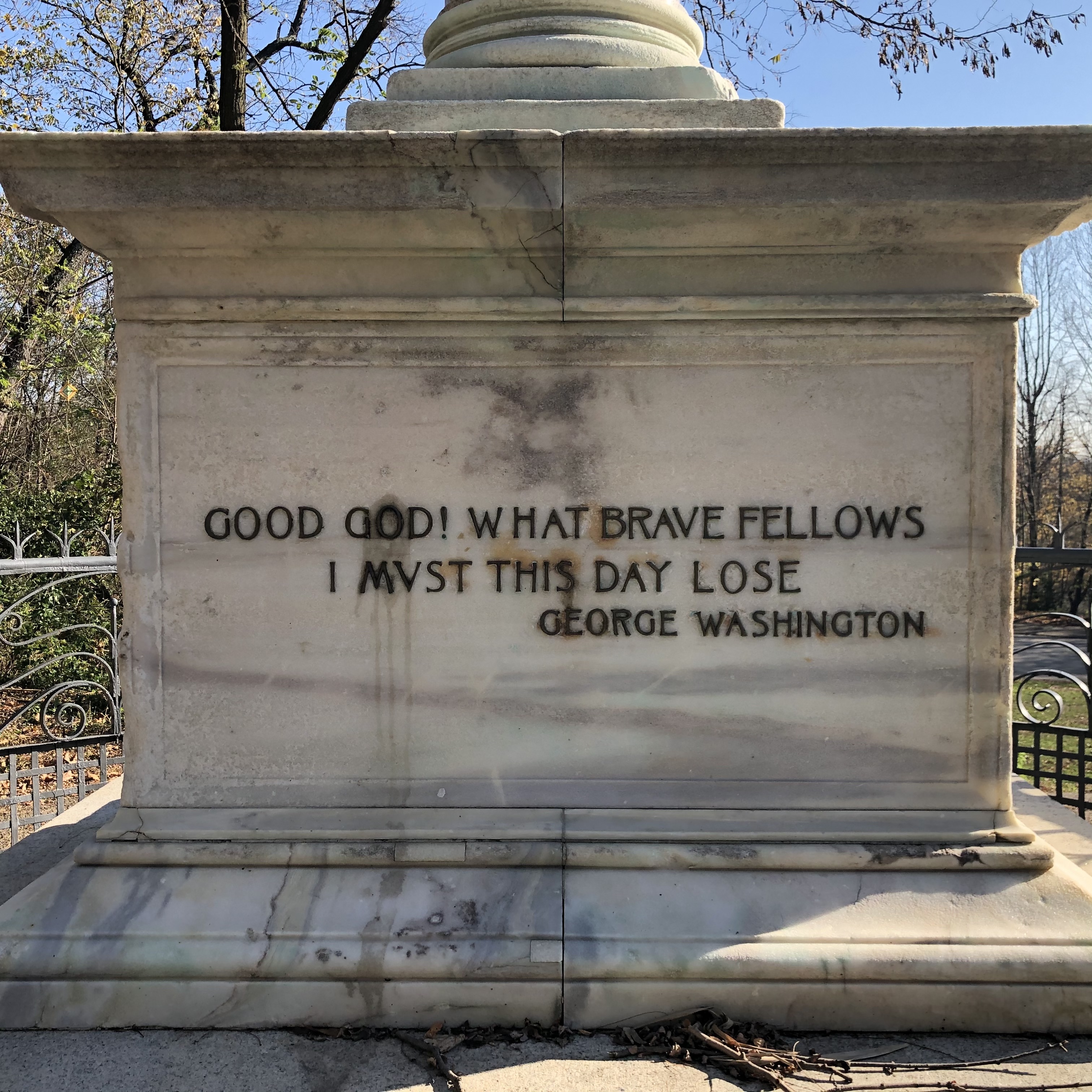
Thus the stage was set, the British were in control of Long Island. The American army was in Manhattan, and General Washington needed information about what the superior British force was going to do next, so he started recruiting spies.
Having been sidelined for a year, Nathan Hale volunteered. He took on the familiar role of a schoolmaster and was smuggled into British-controlled Long Island. Unfortunately, Hale, while trying to connect with American sympathizers, instead confided in a British agent. He was arrested, brought to General Howe’s headquarters, and summarily sentenced to hang the next morning. On September 22, Hale was hanged from a tree at what is now Third Avenue and 66th Street in New York City.
According to legend, Hale’s last words were, “I only regret I have but one life to give for my country.”
Though people have debated whether Hale actually said that, the words echo a line in the tragic play “Cato'' by John Addison, first performed in London, 1713. The play was well known to Americans in the 1700s and a favorite of George Washington’s.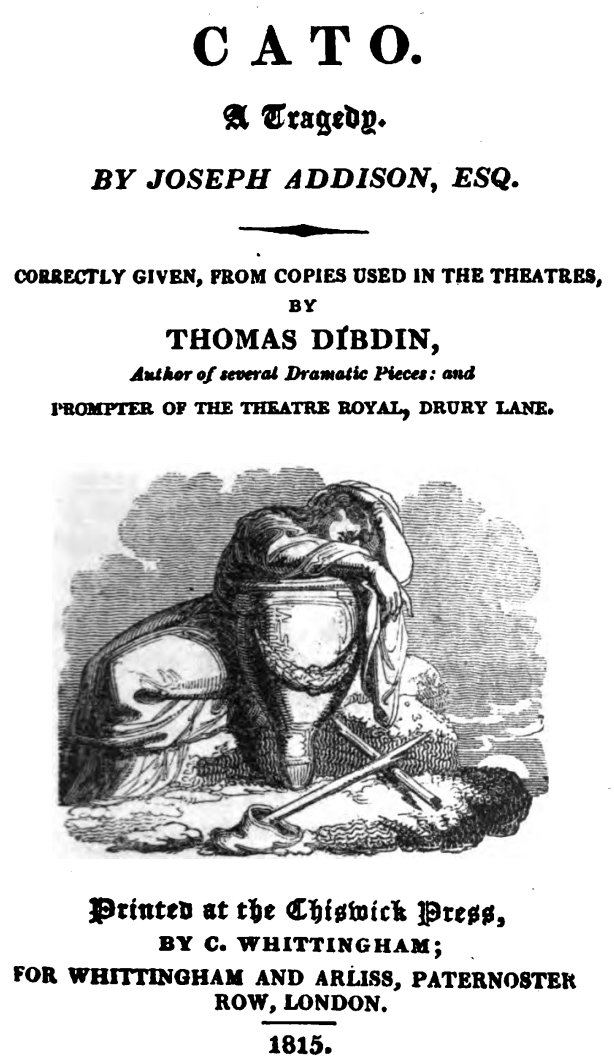
The General had it performed to his soldiers during the bleak days of Valley Forge that were just around the corner. The play pitted the forces of democracy and liberty in the form of Cato against despotism and corruption in the form of Caesar. In the play, upon the return of the body of Cato’s son, a valiant soldier who had fallen in battle for the cause of Rome, the statesman says
“What pity it is that we can die but once to serve our country!” Cato, Act IV, Scene IV, 10:11.
We would do well to take note of the stories we carry with us and share with each other.
But for Nathan Hale, the failed spy, we have this note from the diary of a British officer on the day of Hale’s execution.
“He behaved with great composure and resolution, saying he thought it the duty of every good Officer, to obey any orders given him by his Commander-in-Chief; and desired the Spectators to be at all times prepared to meet death in whatever shape it might appear.”
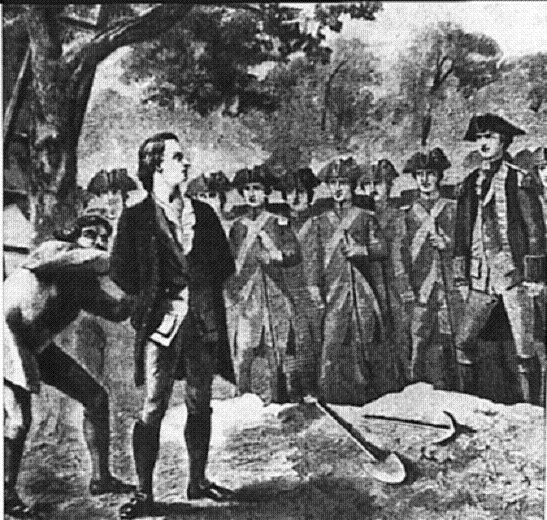
Image credit: Public Domain
Would Nathan Hale have signed our petition for an Article V Convention of States?
It is because of schoolteacher Nathan Hale, Captain in the Continental Army, and the sacrifices of many more ordinary, yet extraordinary, patriots like him that we even have the option.
Be a 21st Century Patriot. Sign the petition, then get your fellow Americans to sign.
Remember Nathan Hale: we only have one life to give. Volunteer if you are able.

